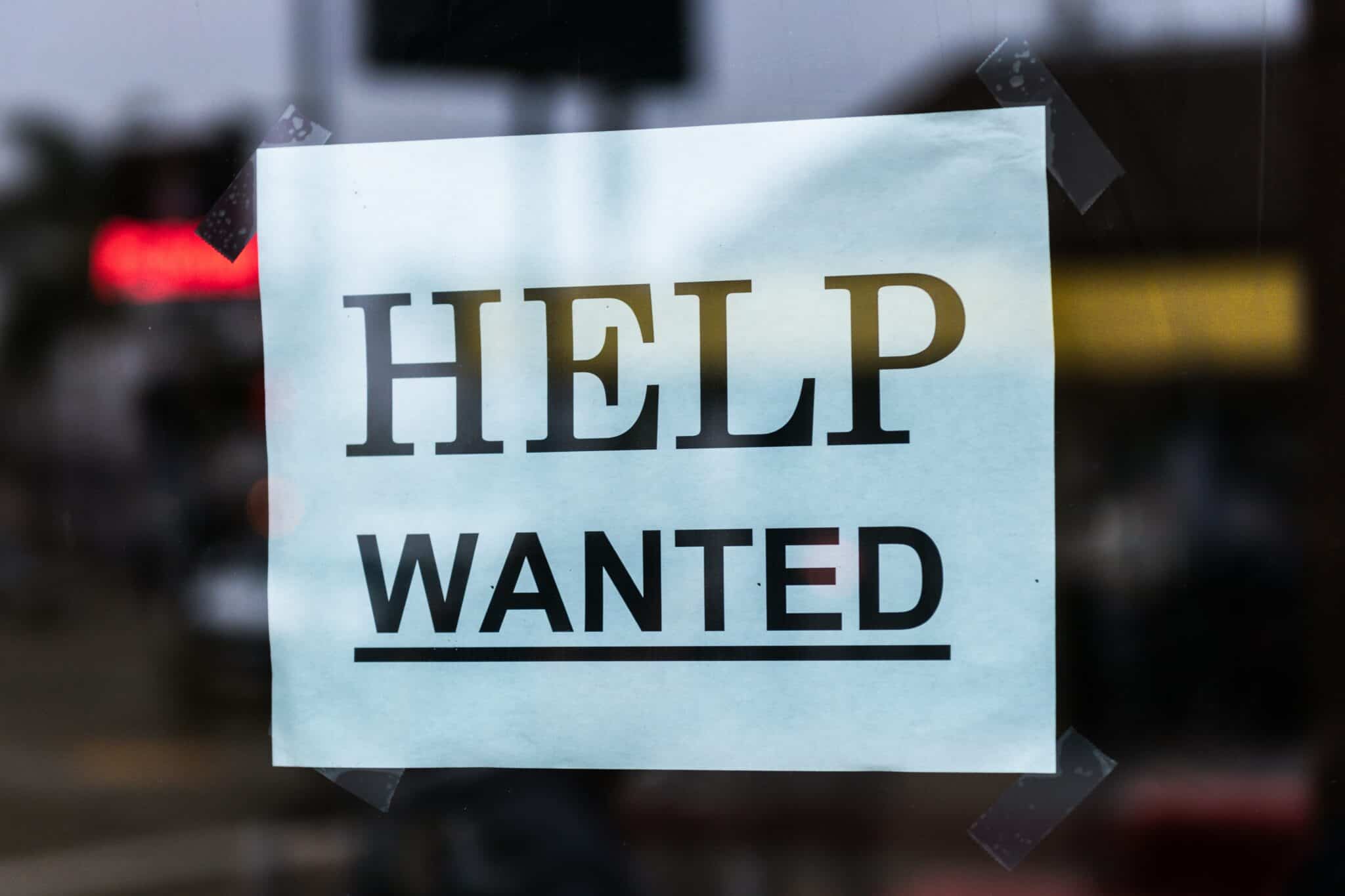Mackenzie Bouverat is a student at Harvard Law School.
Governments and businesses are scrambling to attract workers. New Mexico has pledged $5 million in federal pandemic relief to subsidize wages for pickers and workers at chile processing plants, raising the wages as high as $19.50 per hour. Werner Enterprises has asked the Federal Motor Carrier Safety Administration for an exemption from Commercial Learner’s Permit requirements in order to hasten the process of getting new drivers behind the wheel. CVS Health dropped its requirement that entry-level job candidates have a high school diploma, and raised its starting wage from $11 to $15 an hour by next summer. Walmart has promised bonuses to warehouse workers for staying on the job this summer and fall. Chipotle has raised hourly wages and implemented referral bonuses, while McDonald’s is funneling millions of dollars to its franchisees to raise wages and has piloted an emergency child care program. Target promises a to pay the costs of college education for part-time and full-time workers (if the students attend a qualifying institution). And the average wage of restaurant and supermarket workers rose above $15 an hour for the first time ever.
It is unclear whether the shift in bargaining power will last. On Labor Day, two programs authorized by Congress under the CARES Act are due to expire. This includes the Pandemic Unemployment Assistance (PUA) and Pandemic Emergency Unemployment Compensation (PEUC) programs to end. PUA covers workers who do not qualify for regular UI (e.g., gig workers, the self-employed) and PEUC extends benefits to the long-term unemployed. Per the Century Foundation, this will leave 7.5 million workers without unemployment benefits. Governors in 26 states already announced plans to withdraw from federal benefits early in June and July, ten of which have faced legal challenges with varying success. The typical justification for ending such programs is that unemployment benefits disincentivize looking for work when job openings are at record numbers — in June, there was 10 million openings. “Why should I go to work if I can make as much money sitting at home?” asks State Sen. Van Wanggaard, R-Racine.






Daily News & Commentary
Start your day with our roundup of the latest labor developments. See all
July 14
More circuits weigh in on two-step certification; Uber challengers Seattle deactivation ordinance.
July 13
APWU and USPS ratify a new contract, ICE barred from racial profiling in Los Angeles, and the fight continues over the dismantling of NIOSH
July 11
Regional director orders election without Board quorum; 9th Circuit pauses injunction on Executive Order; Driverless car legislation in Massachusetts
July 10
Wisconsin Supreme Court holds UW Health nurses are not covered by Wisconsin’s Labor Peace Act; a district judge denies the request to stay an injunction pending appeal; the NFLPA appeals an arbitration decision.
July 9
the Supreme Court allows Trump to proceed with mass firings; Secretary of Agriculture suggests Medicaid recipients replace deported migrant farmworkers; DHS ends TPS for Nicaragua and Honduras
July 8
In today’s news and commentary, Apple wins at the Fifth Circuit against the NLRB, Florida enacts a noncompete-friendly law, and complications with the No Tax on Tips in the Big Beautiful Bill. Apple won an appeal overturning a National Labor Relations Board (NLRB) decision that the company violated labor law by coercively questioning an employee […]